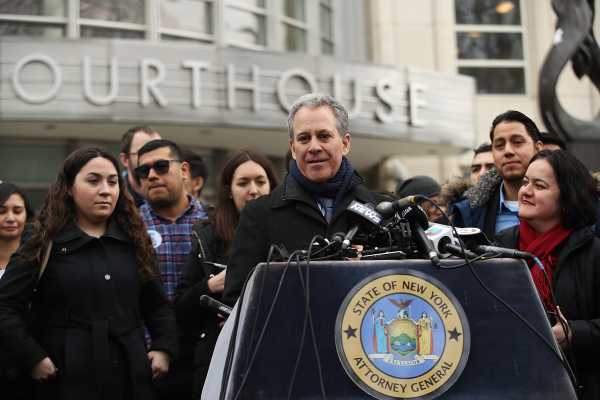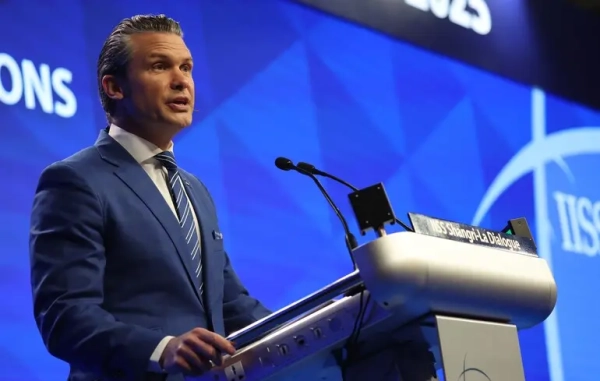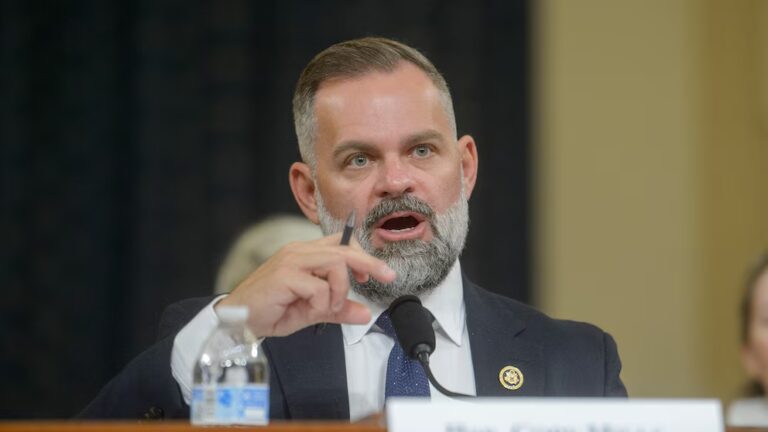
It never happens just once four times.
New York Attorney General Eric Schneiderman resigned in shame last week after the New Yorker published the accounts of four women who described how Schneiderman physically abused them.
Today, in a weird twist, a court filing from lawyer Peter Gleason claims that two women came to him in 2012 and 2013 and described similar behavior at the hands of Schneiderman. He told then-New York Post journalist Stephen Dunleavy about the women, who told Donald Trump, who told his personal attorney Michael Cohen.
The lead writer on the New Yorker story, investigative journalist Jane Mayer, tweeted Friday that the two women were not part of her story.
The timeline of events don’t match up, either. It’s a pattern we’ve seen again and again in the era of #MeToo. Men who abuse women are often accused more than once, or twice, or even four times. Abuse of power is about entitlement, and many powerful men feel very entitled.
The timeline
The New Yorker reported on the experiences of four women, noting the timing of three of their accounts. Mayer, tweeted that none of the women she interviewed is connected to Trump:
The timeline shows that at least two of the three women whose experiences are dated in the New Yorker story couldn’t have gone to Gleason in 2012 or 2013 (emphasis mine).
The fourth woman’s experience is not dated. However, she told another accuser that she was afraid of Schneiderman, and two friends she did tell discouraged her from saying anything. If she did speak to a lawyer, she did not mention it to the friends.
According to the filing on Friday, one woman spoke to Cohen in 2012. A second woman came forward about a year later. Under those circumstances, at least one of them is a different accuser, possibly both.
It’s about power
We don’t know much about the accounts of the two women who went to Gleason or whether he vetted them thoroughly (as the New Yorker did for its story). But still it’s worth pointing out that a woman told a lawyer a very similar story about Schneiderman years ago.
In that time, he’s gone on to grow in prominence nationally, take on high-profile cases, and further build his reputation in Democratic circles as an ally to women. As my colleague Anna North wrote, “Schneiderman was supposed to be one of the heroes of #MeToo — now his story has turned into the movement’s biggest betrayal.”
Abusive behavior isn’t about tribalism or ideology. Plenty of liberal men who present themselves as champions of women’s rights have been outed in the past year as abusers, including former Sen. Al Franken and Harvey Weinstein. Abuse is about power, and it doesn’t matter what the perpetrator believes.
Sourse: vox.com






